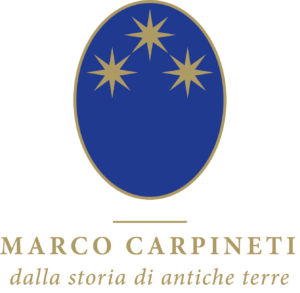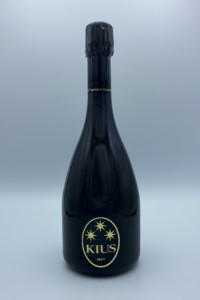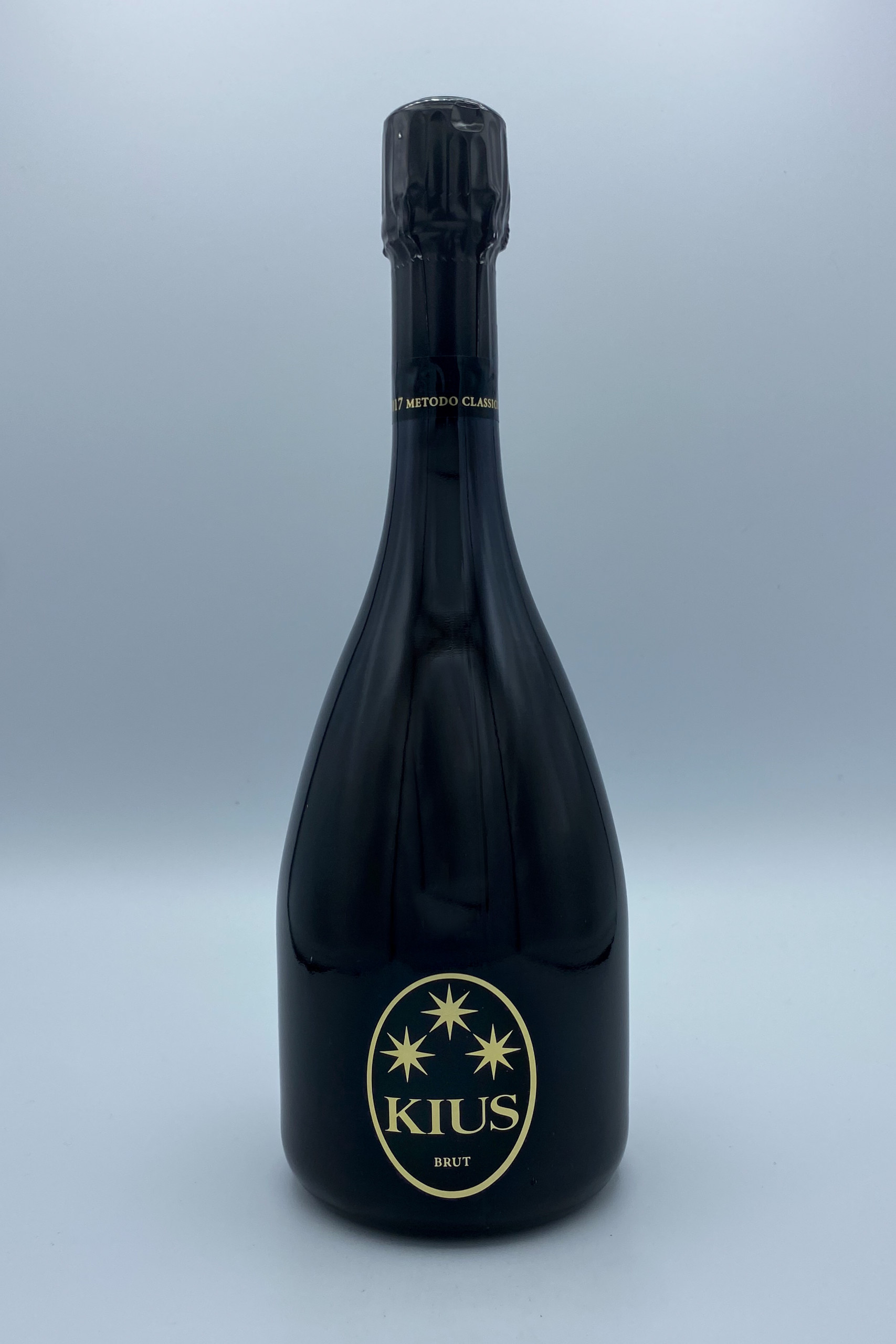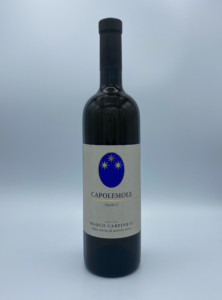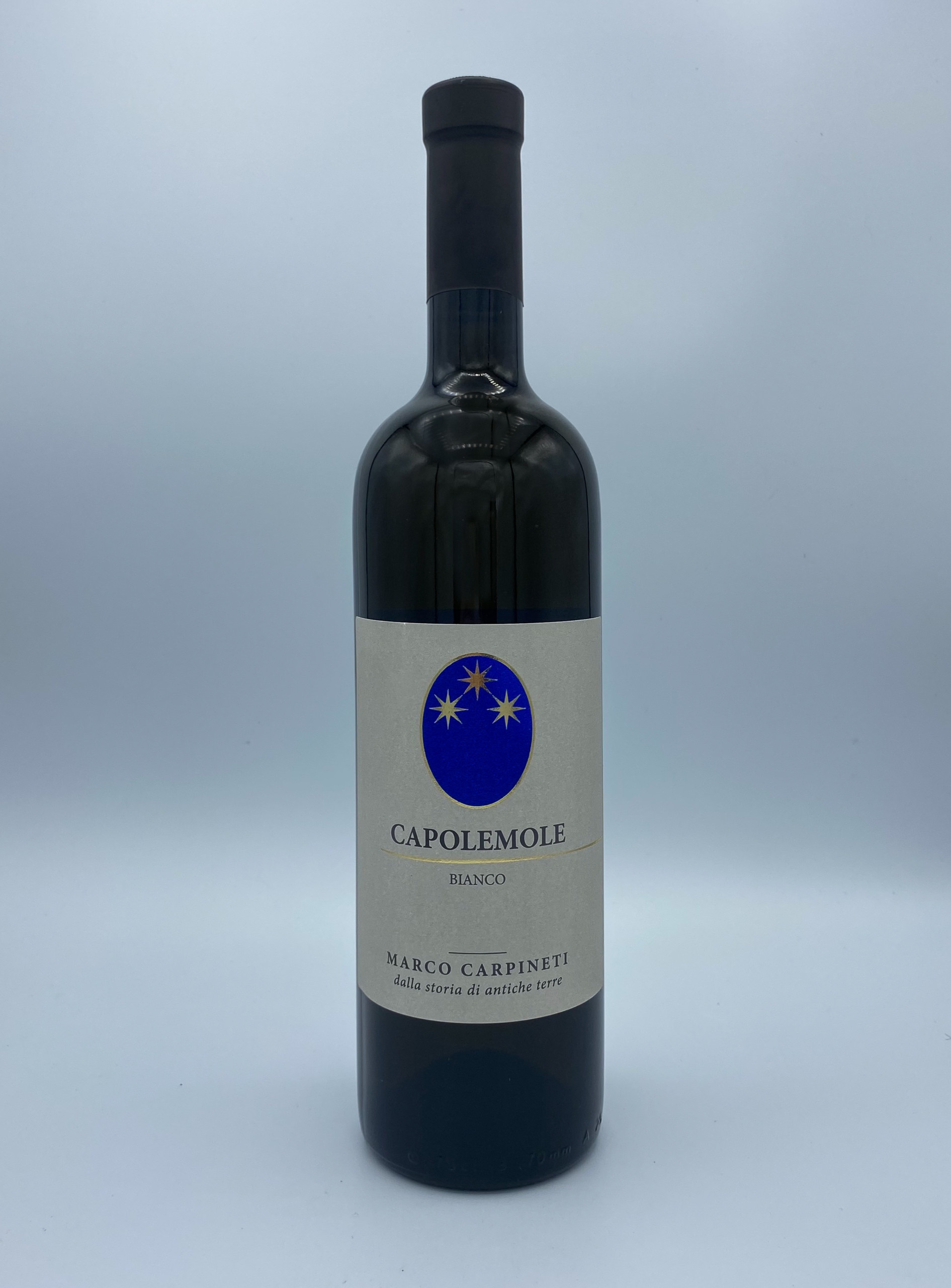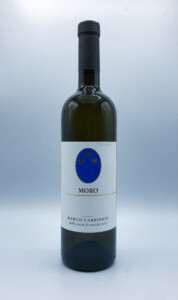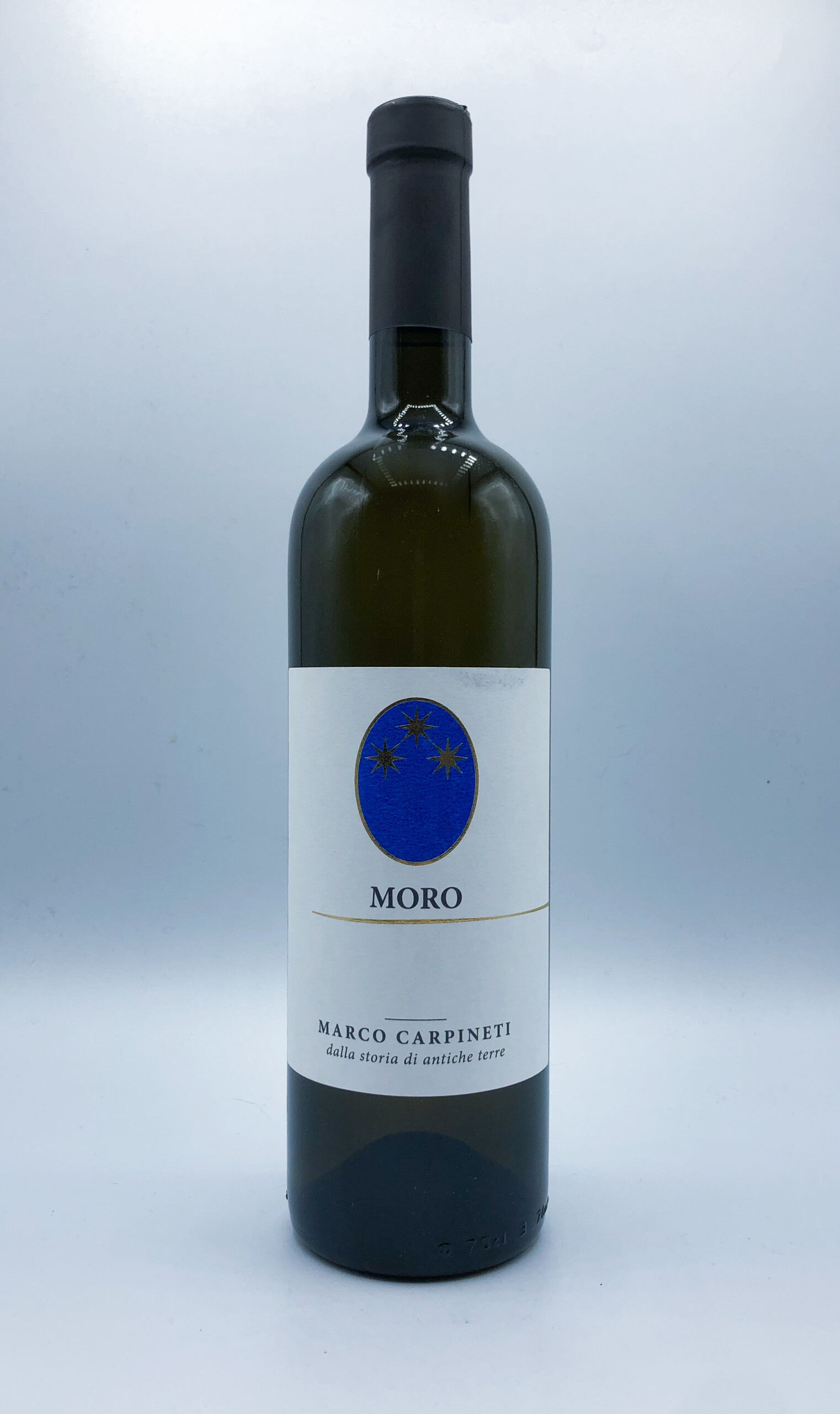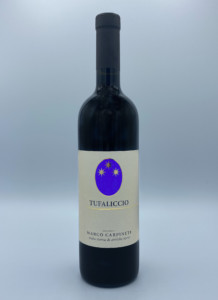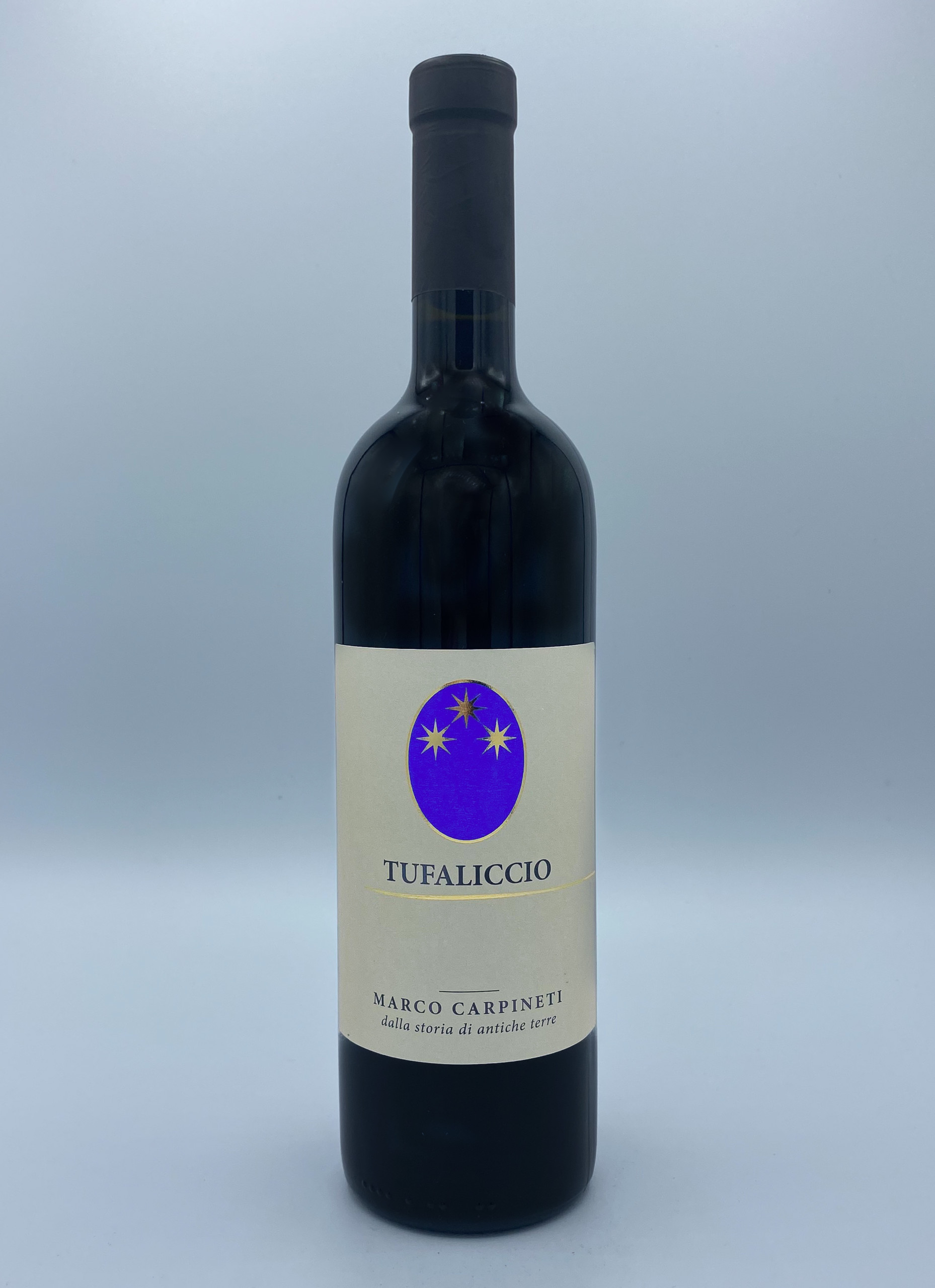Marco Carpineti
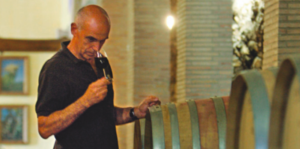
Marco Carpineti
About
Owner & winemaker: Marco Carpineti
Vineyards: 65ha, all estate-owned
Vineyard management: Certified organic with some biodynamic practices
Soils: Volcanic “tufo” and calcareous-clay
Grapes grown: Bellone, Greco Moro, Nero Buono, Montepulciano, Cesanese
Annual production: 350,000 bottles
Quick facts:
- Marco Carpineti is a champion of nearly-forgotten local grape varieties such as Bellone, Nero Buono, and Greco Moro.
- The philosophy of the estate is to “look to the past for the future”–thus the focus on native grapes, hands-off farming, and natural winemaking.
- Carpineti was one of the first estates in Italy to obtain organic certification.
Marco Carpineti is a pioneer of organic viticulture in Italy and something of a local hero in the Latina province of Lazio, just south of Rome. Marco has experimented with sustainable viticulture since the time of his ascent to the estate’s helm in 1986, and formally converted his family’s storied property to organics in 1994. Carpineti’s philosophy is to focus on lesser-known native varieties such as Bellone and two clones of Greco (locally known as Moro and Giallo), which have almost disappeared from the region, as well as the hyper-local and Nero Buono di Cori. His approach to farming is one of respect for the land, its history, and longevity, incorporating biodynamics and a “no-till” philosophy so as to not disrupt the soil.
The winemaking history of this region dates back to the time of the Romans, who were making wines from Bellone more than 2000 years ago. The climate is ideal for winemaking, with breezes from the sea and the influence of the Lepini mountains contributing to mild conditions, with summers that are hot but not humid, and winters that are cold but without ice or snow. The winemaking incorporates techniques from spontaneous fermentation to cryomaceration, with the goal of creating wines with character, structure, and elegance that express the identity of the region.

